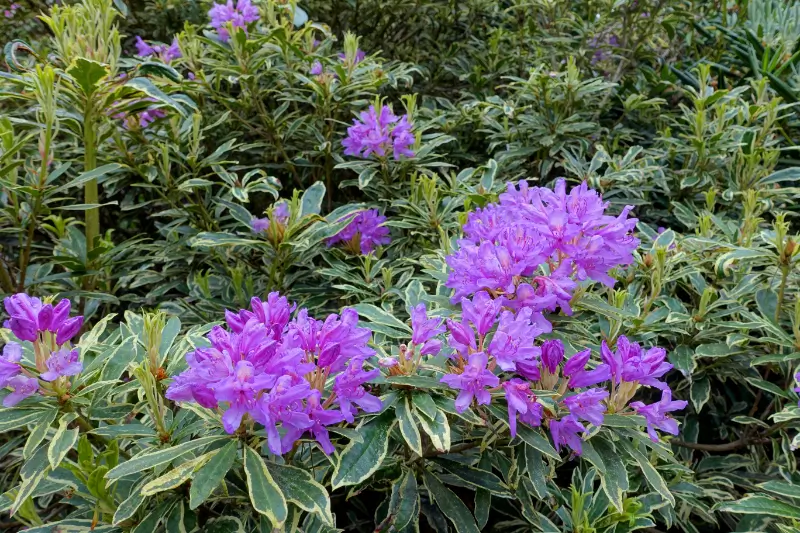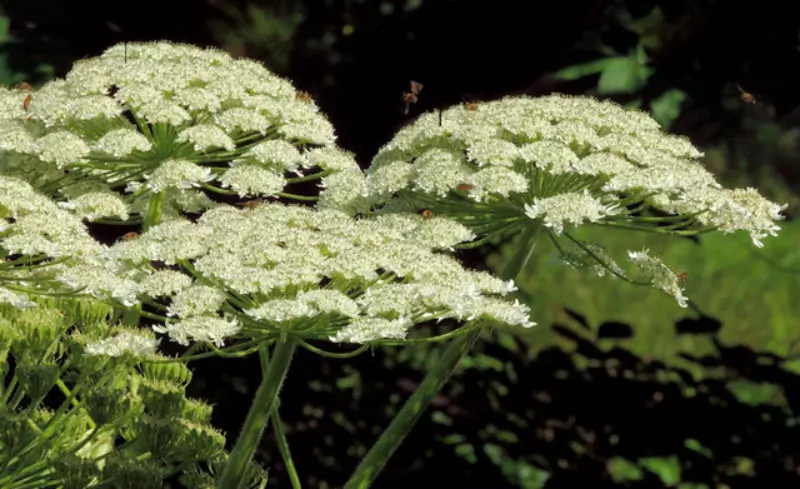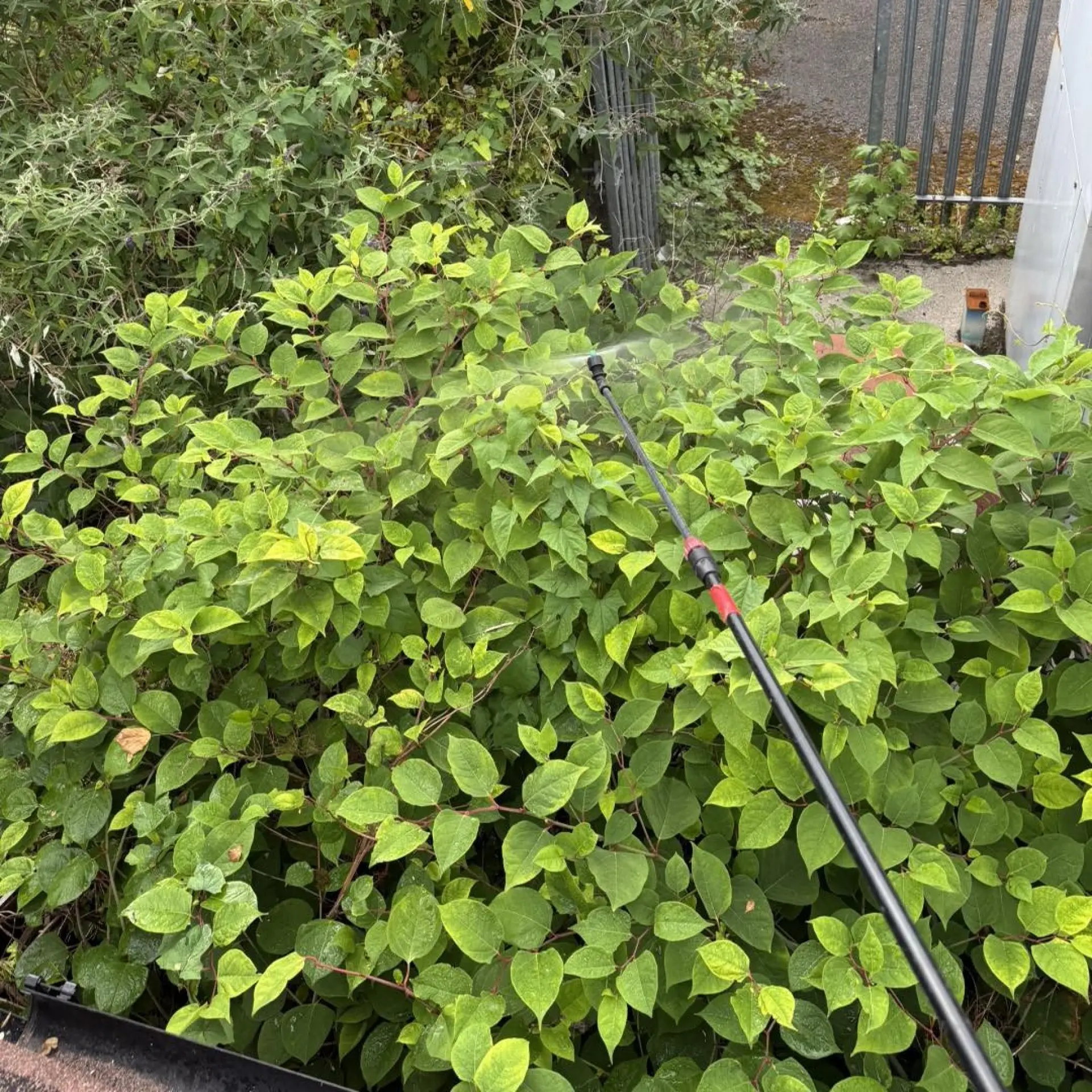Have you been asking: how do invasive plants invade a garden? We look at invasive garden plants in the UK and what do non-native invasive plants do?
The Problem With Invasive Plants
The main problem with invasive plant species is that when you have clematis or ivy overwhelming your ground cover, there is no root structure to bind your soil together.
When this happens, flooding becomes a more serious issue, given that erosion is far more likely, to threaten human health. Therefore, you want to propagate a diverse web of roots from trees and shrubs in your garden to create solid soil density.
Invasive Species of UK garden plants
While most UK gardeners will be familiar with fighting unwanted plants, invasive weeds and garden plants like nettles or dandelions, some ornamental plants can also become troublesome when not contained properly.
When this happens, the plants you want in your garden to diversify your roots wind up competing with the weeds and aggressive plants, leading to a real mess.
The worst offenders in the UK, from England to Northern Ireland, are Japanese knotweed, Rhododendron ponticum, native bluebells and Himalayan balsam.

These species are considered invasive and pose such a risk that legislation is in place to limit the growth of invasive species listed among wild plants. Japanese knotweed, in particular, is so widespread and damaging that it can even have a negative impact on your mortgage if found on your property. You can also face prosecution if you allow it to spread quickly to a neighbouring property.
Invasive Non-Native Plants

Non-native plants are those that aren't found naturally in the UK but have been introduced into new environments and our natural ecosystems deliberately by humans, such as Giant Hogweed with its white flowers, Parrot's Feather, Virginia Creeper, Water Hyacinth and Water Fern, which inadvertently spread.
These species can become 'naturalised' if they persist and live in our wild habitats without help, like Purple Loosestrife.
Some naturalised species co-habit healthily with our native vegetation, while others can outcompete native species, leading to habitat loss.
These species can be termed 'invasive non-native species' when this competition occurs. Whether they face a lack of control measures, such as herbivores that each that particular plant, have a rapid growth rate or actively suppress native plant species, these non-native plants can be truly difficult to handle.
What do Non-native invasive species do?
Invasive non-native plants can dramatically change our natural world. For example, they have been known to affect natural water flow through our soils, leading to either slow water supplies or intensified flooding. They can even affect our soil chemistry, which can be rectified with special soils from garden centres.
Lower pH numbers indicate more acidic soil content, while higher numbers indicate more alkaline soils. The pH ranges our native plants grow in vary depending on species, meaning if our non-native plants affect the pH levels, it could impede the healthy growth of our native plants. Having the right nutrients and native food sources is also essential for healthy plant growth. The three main nutrients our plants gain from the soil are nitrogen, potassium and phosphorus.
Again, if our non-native species or other invasive plants affect these nutrient levels through competition, they can wreak havoc for other plants, endangered species and native wildlife. Species that spread rapidly, such as ivy, can also dramatically affect plant habitats.
Given their growth rates, they can crowd out other slower-growing species, competing and threatening natural habitats and the long-term survival of other species. While most invasive plants have existed in our ecosystems for over 100 years, when they do pose a significant problem on your property, they can be difficult and expensive to remove.
Do you have a Japanese Knotweed problem? If you require Japanese Knotweed Removal in Essex or throughout the UK, contact our expert today.


